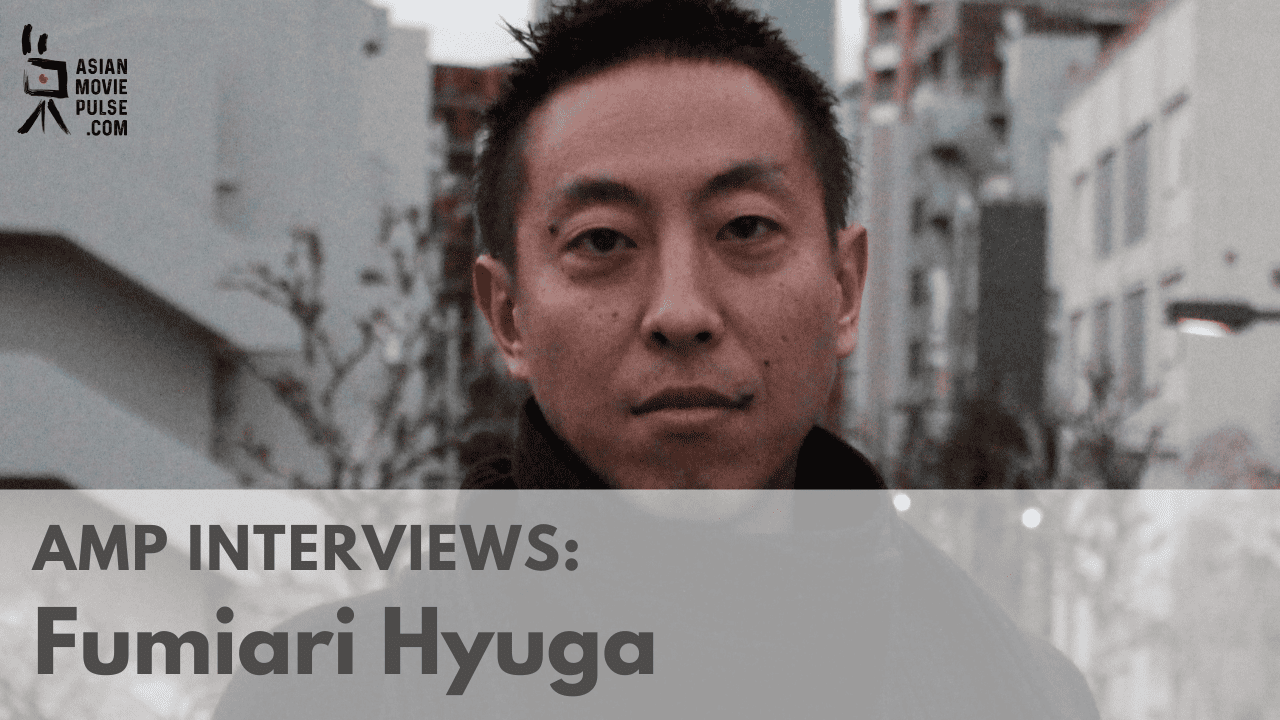10. Hidden Blade by Cheng Er (China)
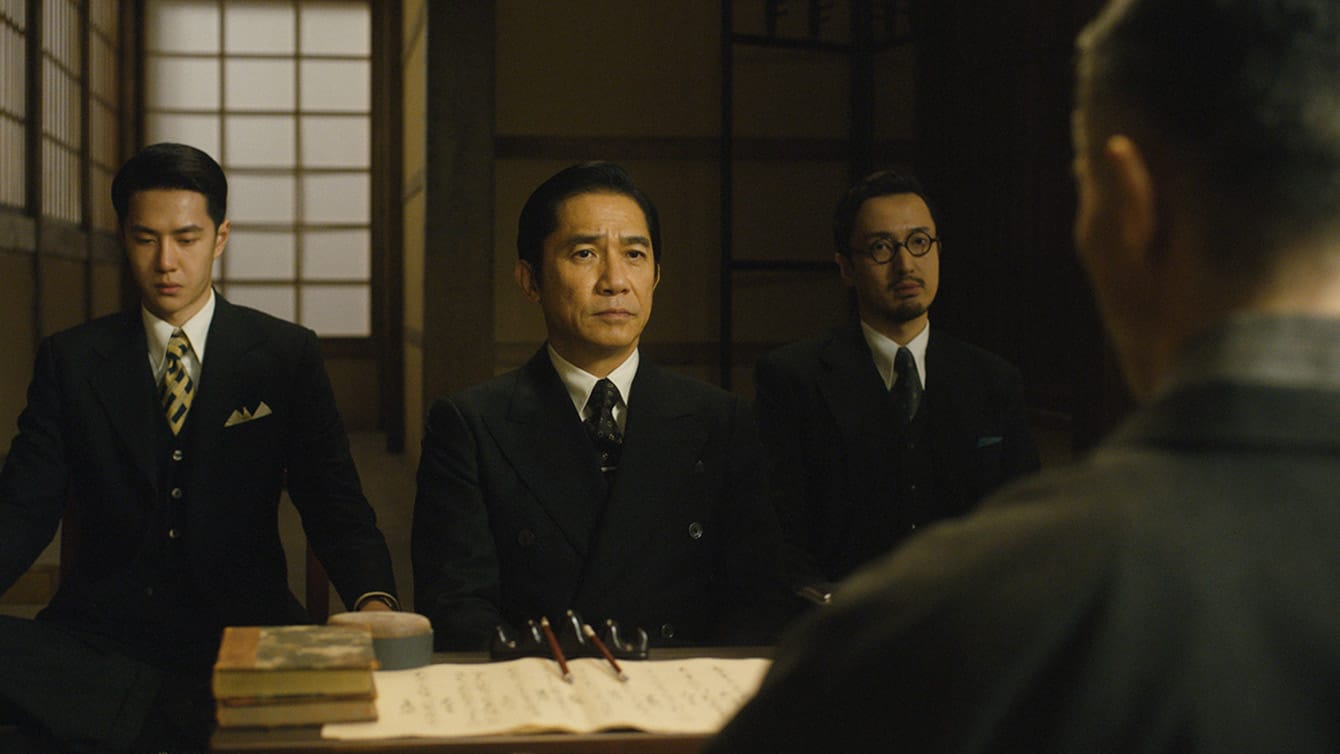
Apart from visuals, though, the movie also thrives in its atmosphere, with Cheng Er creating an atmosphere of constant danger and threat, that could easily be compared with the best spy thrillers out there. The fact that all the protagonists are spies is just the beginning, as the concept of double agents adds even more to this sense along with a sense of mystery and doubt about who is loyal and who a traitor, with the excellent Hiroyuki Mori in the role of the Japanese officer being the root from which this whole sense begins. Particularly the scenes when he is asking the simplest questions to his subordinates while highlighting a rather dangerous doubt about their sincerity, is a true wonder to watch, as much as the coolness Mr He smiling replies come. (Panos Kotzathanasis)

9. Lost Love by Ka Sing-fung (Hong Kong)
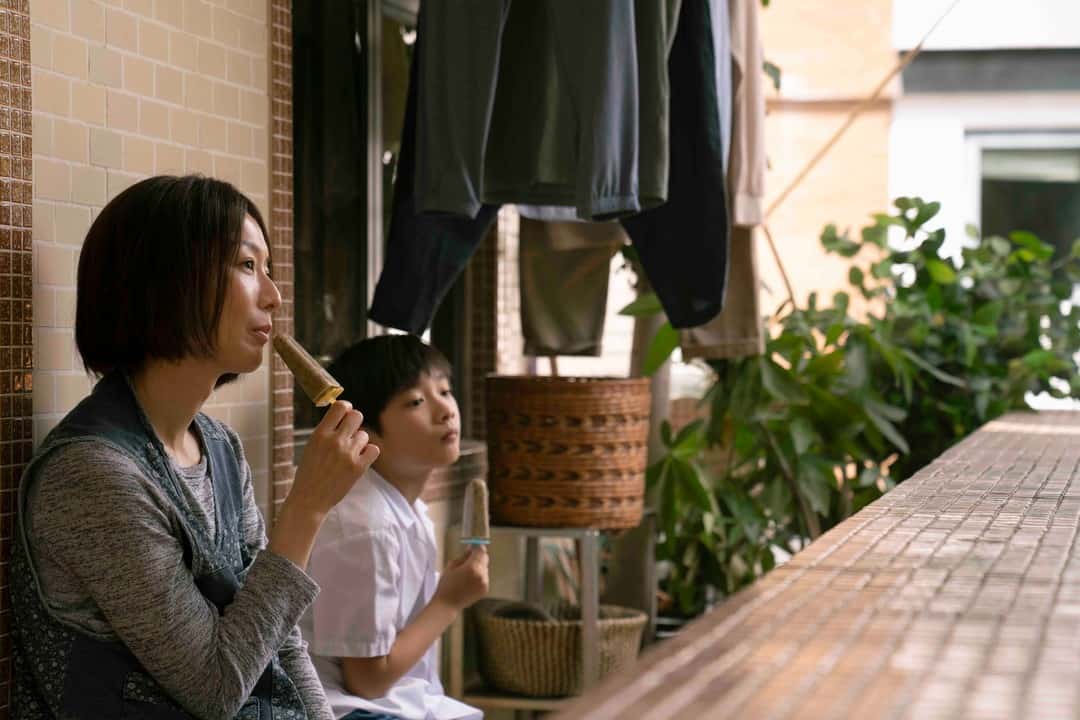
n order to achieve the thoroughness in the presentation the concept mentioned in the prologue, Ka Sing-fung follows an episodic approach, with Mei and Bun fostering one child after the other. This tactic succeeds both in its initial goal, and in analyzing the two characters intently, thus creating empathy for both of them, although the main focus is definitely on Mei. In that fashion, a young boy, a girl with a cleft lip, older and older kids right through their teenagehood and even two siblings, are fostered by the two, thus showing the issues these kids face as extensively as possible. Furthermore, the different reasons kids end up in foster care are also presented through this approach, as much as the different results foster care has. Lastly, a wish Mei eventually shares with the ones in charge of the program also shows the technical details it entails, as much as how the decisions about fostering and adopting are made. (Panos Kotzathanasis)
8. Where the Wind Blows by Philip Yung (Hong Kong)
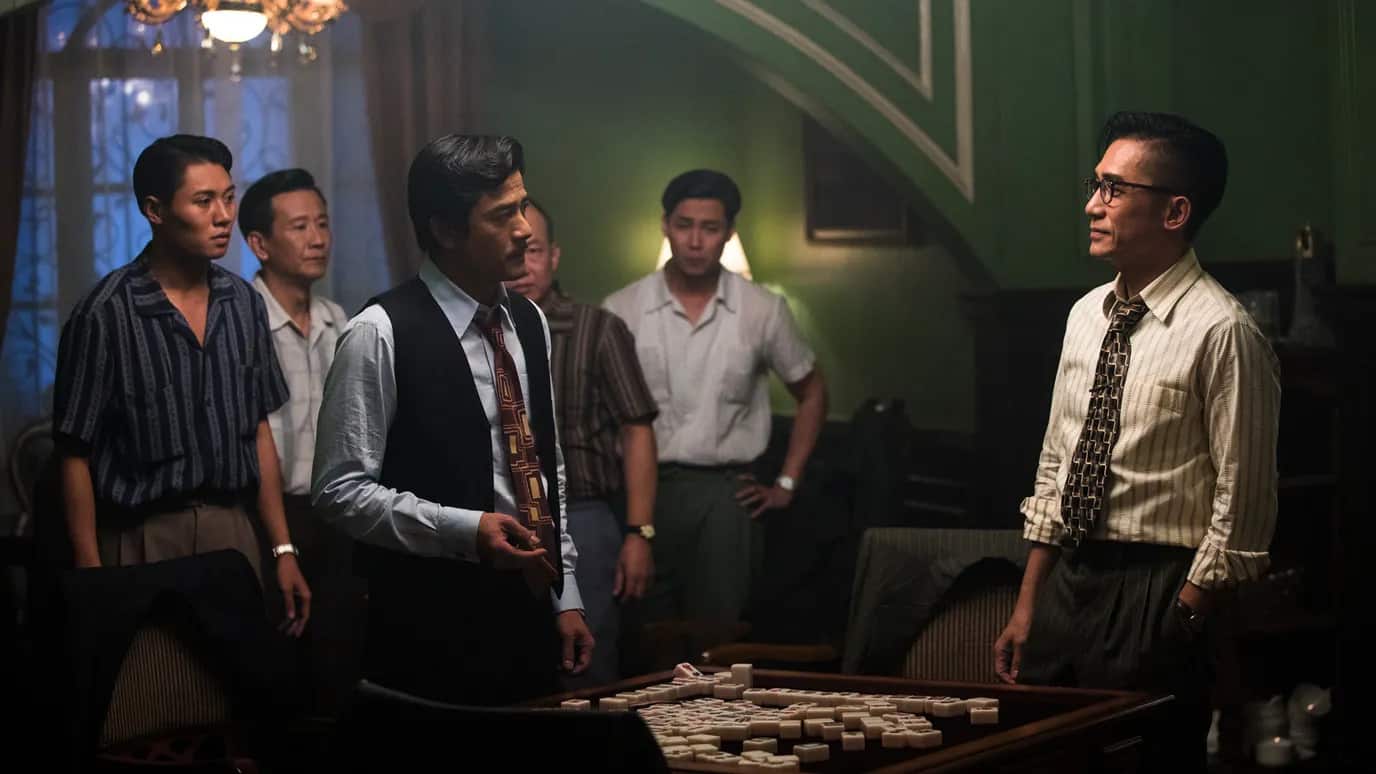
Philip Yung directs a truly epic production that seems to combine some of the most appealing elements of a number of different cinematic worlds. The Hollywood aesthetics are the most obvious, with the impressive cast, lavish sets, and a gangster story that unfolds in the style of some of the classics of the category, such as “Once Upon a Time in America” and “The Godfather”. The overall action and its way of shooting as much as editing are much reminiscent of Hong Kong action movies in the style of Johnnie To and Tsui Hark, although the excessiveness of the genre is much toned down, as despite the many action scenes, the focus is mostly on the story and characters. Lastly, Chin Ting-Chang's cinematography with the plethora of artful, beautiful, and somewhat abstract close ups and voyeuristic shots, the slow motion, the occasional art-shouse editing, the overall ultra stylish presentation of the women, the use of music, and the themes of unrequited love, point toward Wong Kar-wai's style. At the same time, one can also find elements of Ann Hui's narrative style that occasionally bolsters a literary approach as in the splitting of the story in chapters, the narration, the flashbacks in the past in black-and white including actual footage, and the poetry written on screen. (Panos Kotzathanasis)
7. Only The River Flows by Wei Shujun (China)
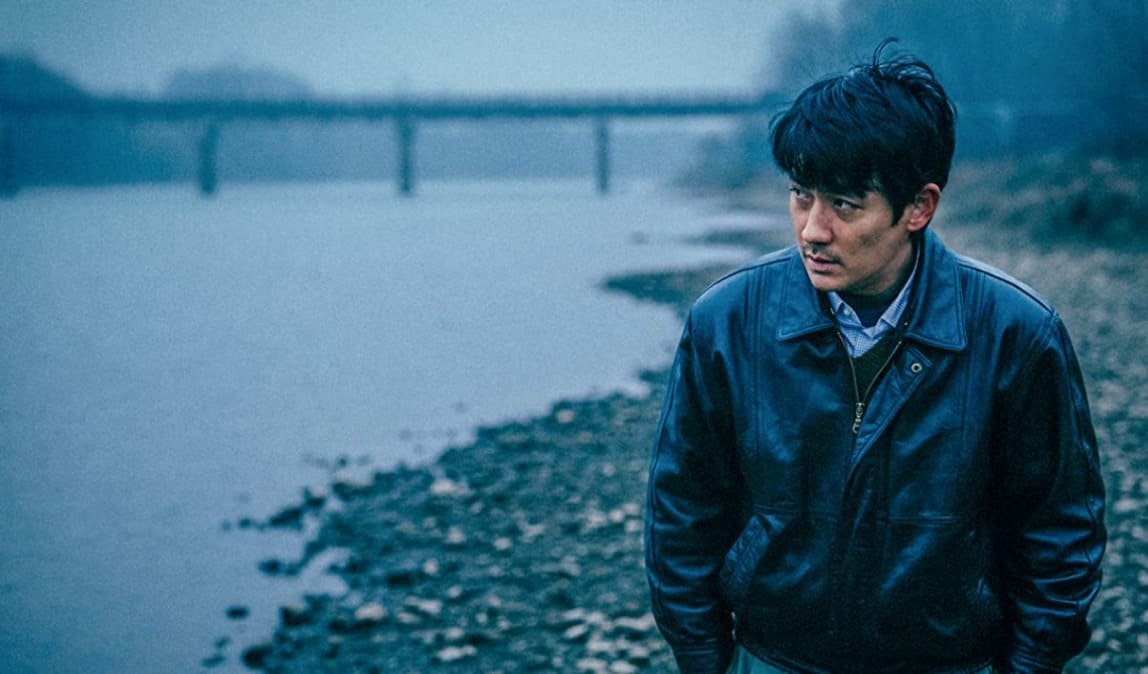
Although “Only the River Flows” emerges as excessively artistic on occasion and will probably find very few fans among crime thriller aficionados, the artfulness that is evident in every frame and the charisma of the protagonists definitely make it a movie worth watching, that will probably appeal intently on fans of art-house/European cinema, in a tendency that seems to accompany a plethora of mainland independent productions. (Panos Kotzathanasis)
6. Fly me to the Moon by Sasha Chuk (Hong Kong)
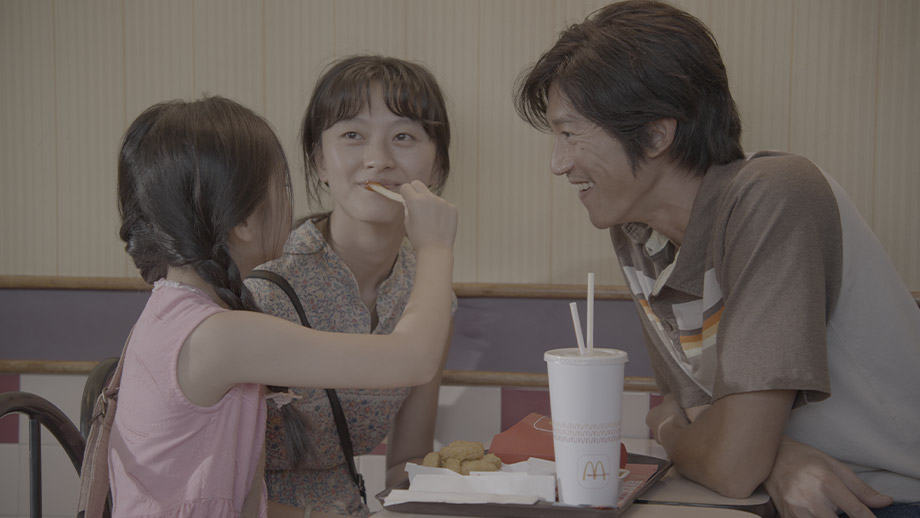
Sasha Chuk directs a very entertaining family drama, which uses the usual trope of the story of a family through the decades, in order to make comments for the characters, but also for Hong Kong, and also to induce the narrative with a sense of nostalgia that works quite well here. Regarding the comments, the issues that internal immigration poses, particularly regarding the language barrier, is one of the initial ones, but the main focus lies with the consequences of growing up in a family that is not just poor, but includes a father who is actually a problem for the rest, if not a disaster. (Panos Kotzathanasis)
5. The Shadowless Tower by Zhang Lu (China)
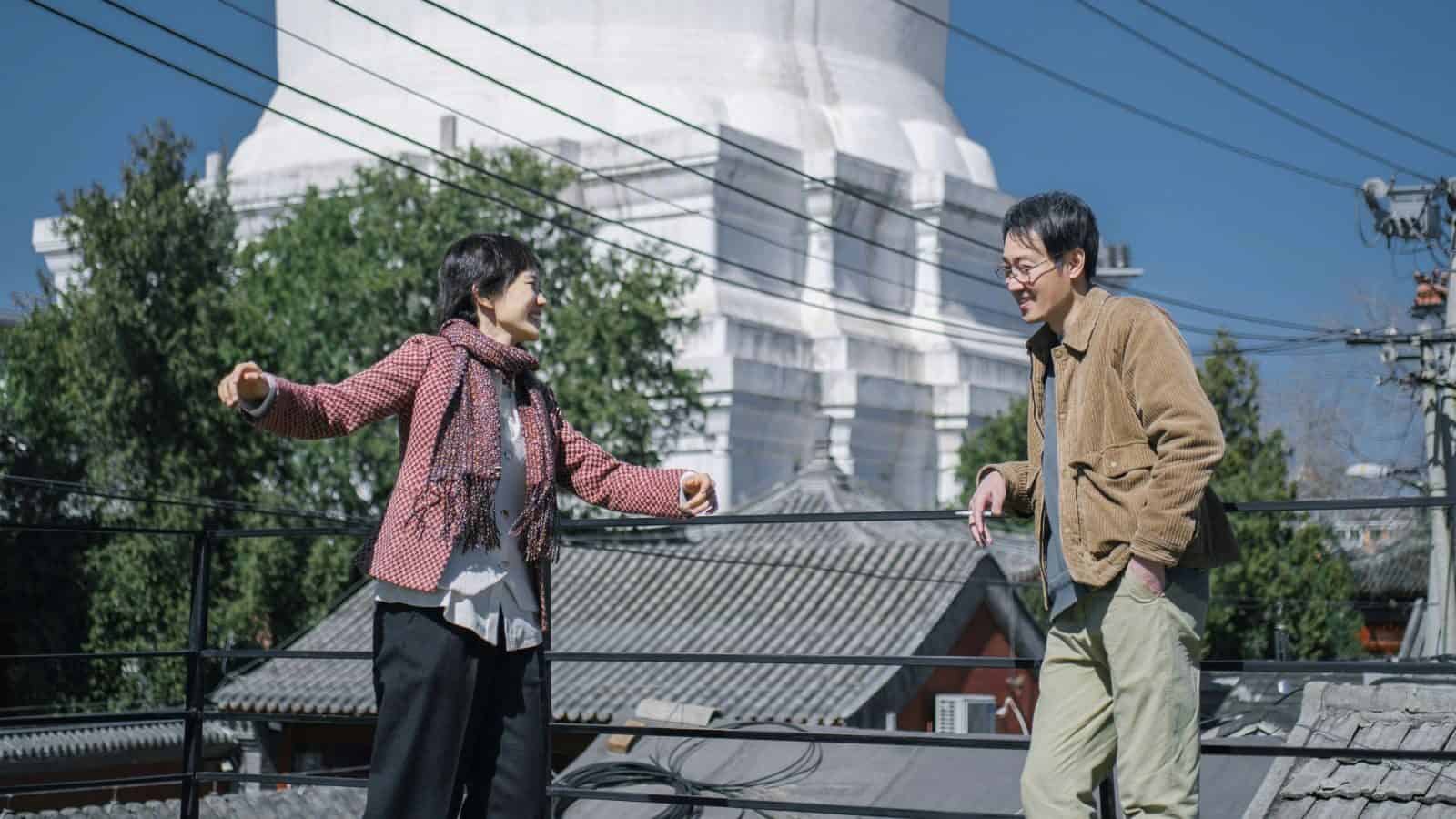
Probably the most interesting aspect of Zhang Lu's direction is the way he builds his many and varying comments into a compact story revolving around the protagonist, with brief scenes here and there becoming additional points of focus, as much as turning points for the whole story. Probably the most central one concerns the question of whether we are destined to become like our parents, with the director “playing” with the concept throughout the movie, presenting instances of Gu Wentong and his father, that seem to give a definite answer to the question, with the final one being the most evident of this approach. Liu Xinzhu's editing finds its apogee in these sequences, in an overall competent job that manages to retain a steady pace throughout the film, without breaking the rather slow-burning tempo at the least. (Panos Kotzathanasis)
4. Day Off by Fu Tien-Yu (Taiwan)
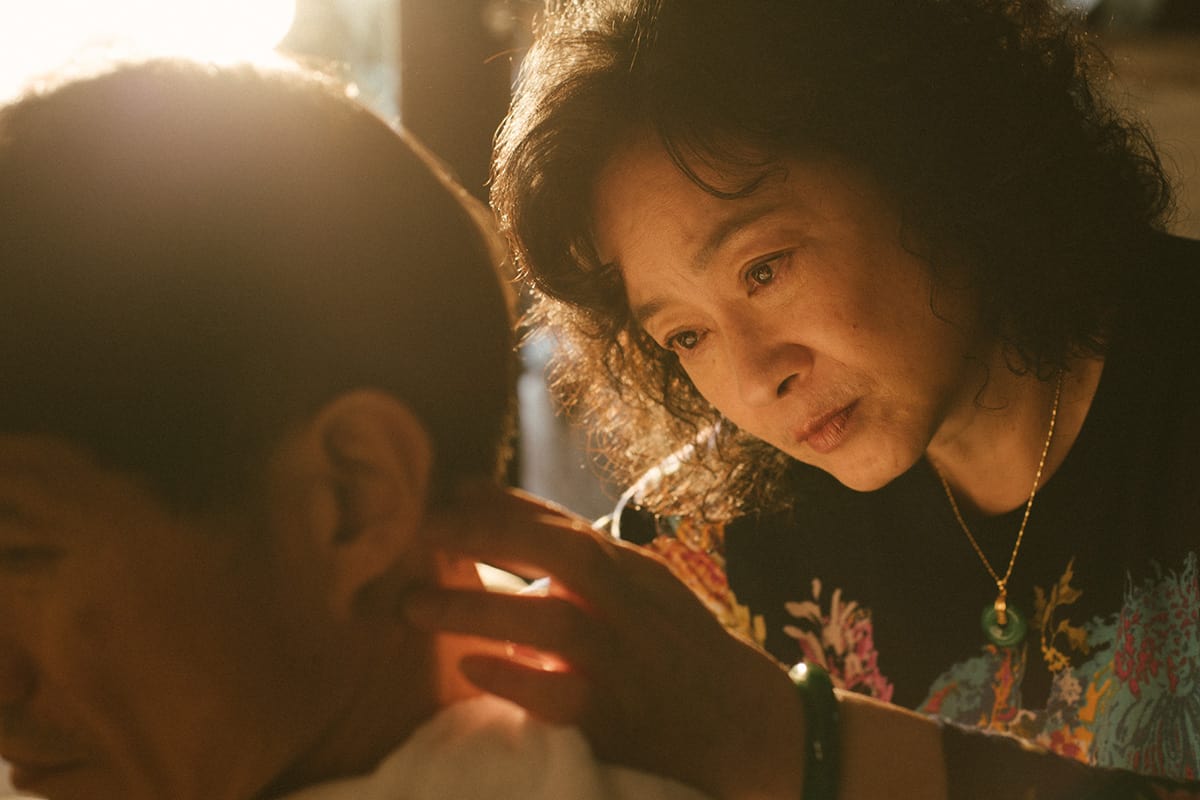
With “Day Off”, Fu Tien-Yu manages to capture the intimacy of everyday interactions that shape our lives and become embedded in our existence. While some characters are unjustly thrown to the wayside, A-Rui's journey is a warm and enjoyable one, made better through Lu Hsiao-Fen's refined performance. A tender slice-of-life drama, the film might prompt you to pay a little more attention the next time you're due a trim. (Tom Wilmot)
3. Full River Red by Zhang Yimou (China)

If one goes into “Full River Red” expecting another period-set action extravaganza akin to the likes of “Shadow” or “The House of Flying Daggers”, there would be severe disappointment in store. In fact, it is hard to pin Zhang's latest into one genre. Told in real-time, the feature begins as a Song dynasty whodunit, taking an approach not too dissimilar to a buddy-cop narrative, but swiftly gives way to a mystery/political thriller as layers upon layers of intrigue are slowly peeled away, only to reveal more layers. The palace politics in particular are etched out wonderfully, making the narrative come closest to a real-life chess game being played out in real time. There are deaths of course, but they are sudden and swift, and often bloody, a far cry from what one is accustomed to in a Zhang Yimou production. The narratively constantly evolves into something else, refusing to pigeonhole itself into one genre and is all the more unpredictable for it. (Rhythm Zaveri)
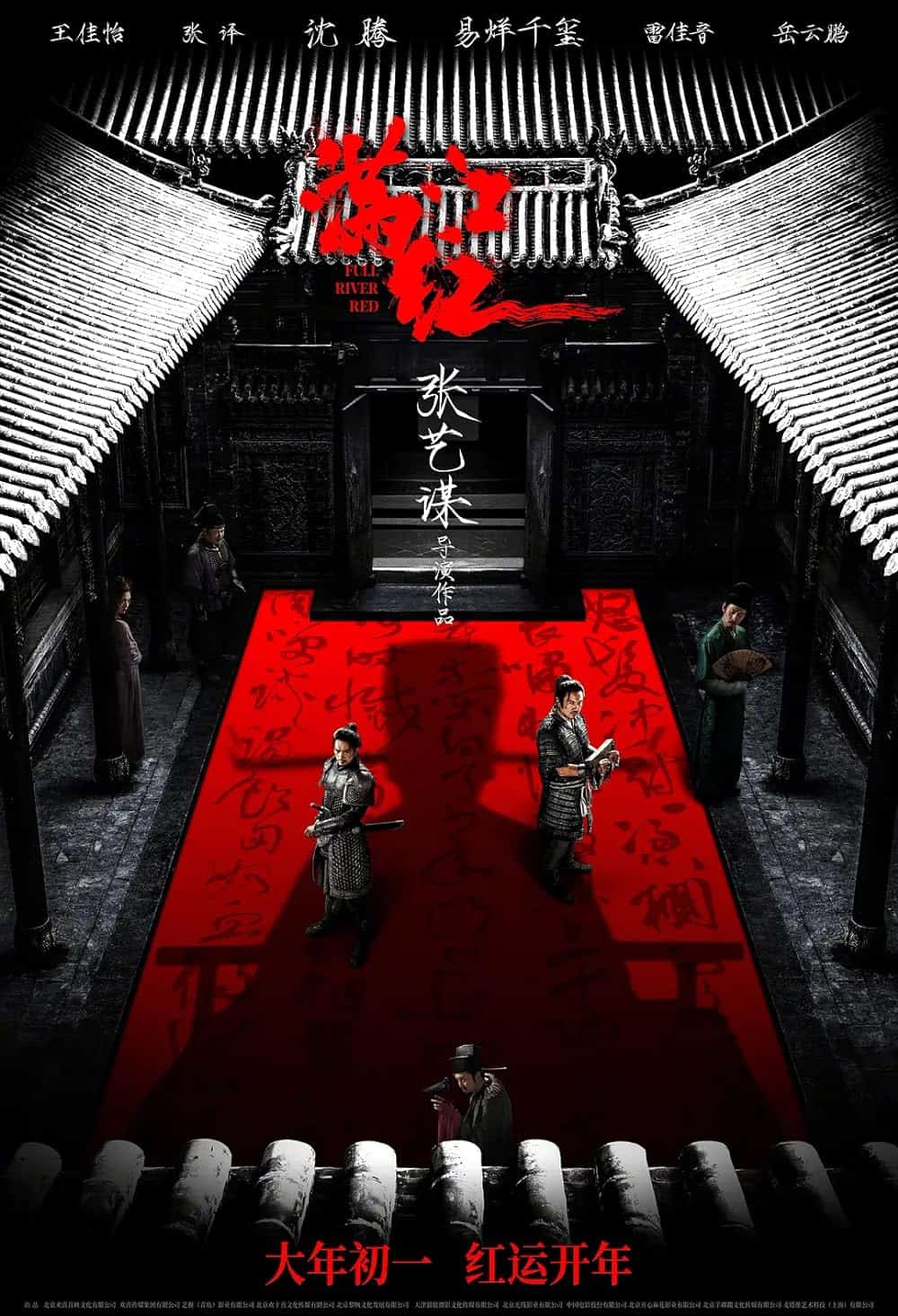
2. Time Still Turns the Pages by Nick Cheuk (Hong Kong)
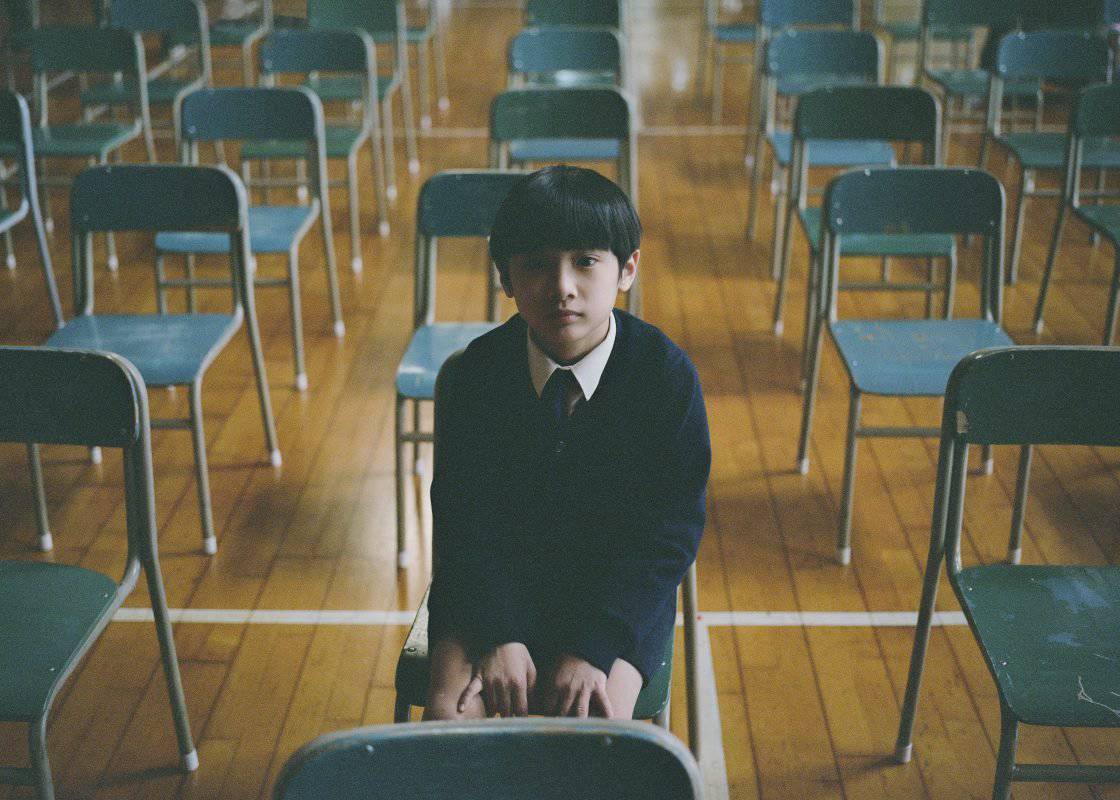
Nick Cheuk directs a film that unfolds in three axes, one taking place in the far past, when he and his brother were children, one in the present, with him trying to deal with his divorce and the suicide note, and one in the recent past, which focuses on his relationship with his wife. The three intermingle throughout the movie, but the childhood one essentially encompasses the other two. Probably the best trait of the direction is the way Cheuk shows us a child suicide in the beginning, which eventually becomes clear it took place in the Cheuk family, but retains a sense of mystery on what and to whom it happened. This sense, although the answer becomes evident after a fashion, works exceptionally well for the narrative, essentially carrying the film until the third part. (Panos Kotzathanasis)
1. The Breaking Ice by Anthony Chen (China-Singapore)
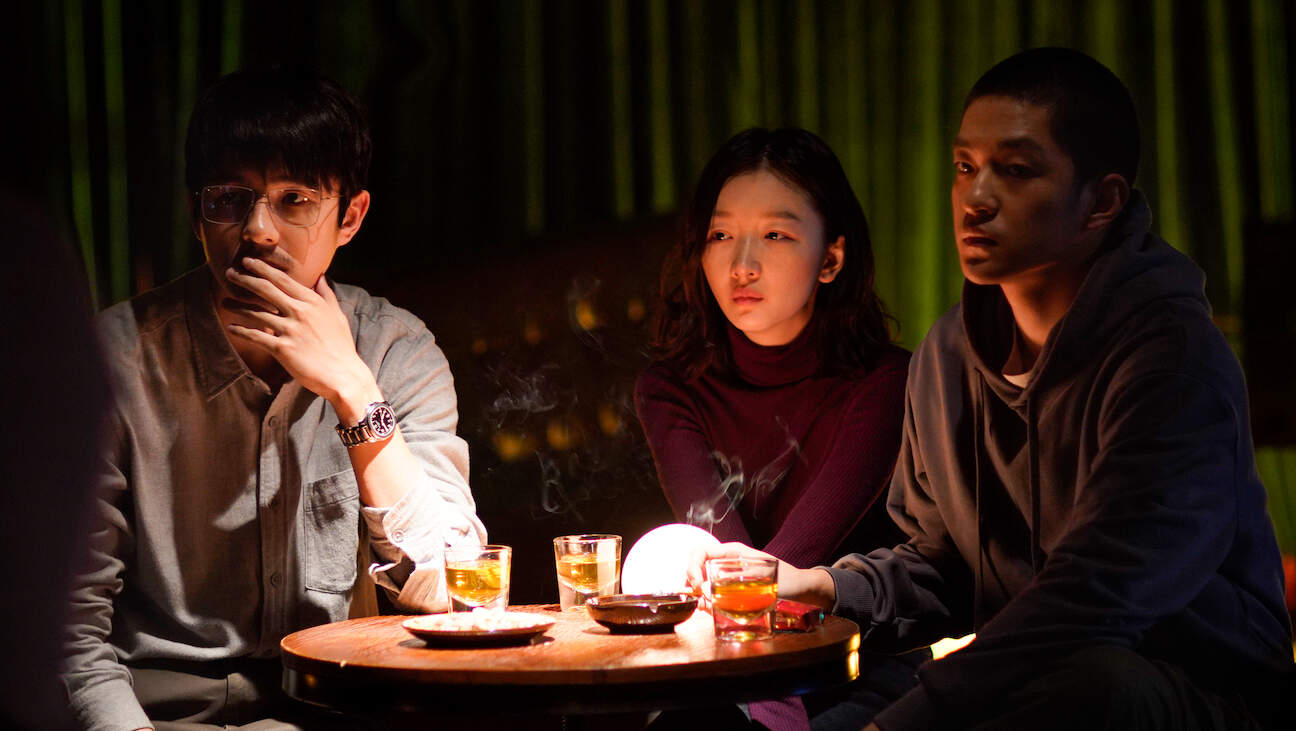
At the same time, the movie functions as a tour guide of the area, with Chen not just lingering in the impressive snowed setting in and outside of the town, but also presenting the night clubs, bars and other entertainment establishments, thus avoiding shooting another Chinese film that only focuses on the miserable life of the poor. Yu Jing-Pin's excellent cinematography highlights all the aforementioned with a meaningful realism that finds its apogee in the impressive long shots. At the same time, and in combination with the way Chen approaches his context, the cinematography is one of the main mediums that leads into Nouvelle Vague paths, with the scene in the bookstore being the most prominent sample, and the most impressive, in audiovisual terms, of the whole film, not to mention the funniest. The also excellent use of music completes the technical aspect, in a way that actually emits a warmth throughout the movie (at least in the scenes where the protagonists are together) that creates a very appealing antithesis with the snow and the cold that dominate the exterior shots. (Panos Kotzathanasis)




